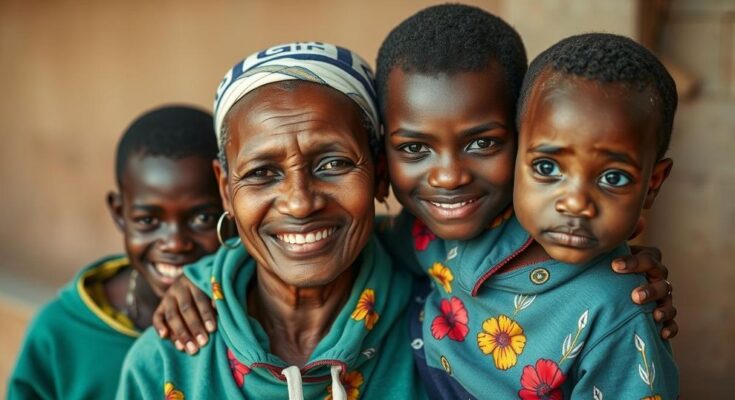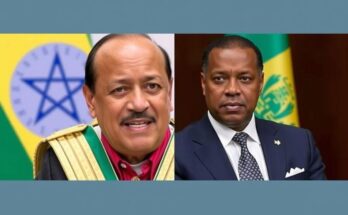Thousands of South Sudanese have fled violence in the Western Equatoria State, seeking refuge near UNISS bases. Calm has reportedly returned, yet many remain displaced. In Northern Bahr el Ghazal, political and civil society groups have signed an action plan for free elections set for December 2026, emphasizing the need for open civic space. Despite delays, these developments signal a slow progression towards political stability.
In response to the recent violence in the Western Equatoria State of South Sudan, thousands of individuals have been compelled to flee their homes. The United Nations Mission in South Sudan (UNMISS) reported a return to calm in the affected areas following weeks of unrest that resulted in significant displacement, with many seeking shelter near a temporary UNMISS base.
Monica Zeferina, a resident who fled from Tambura, expressed the dire circumstances faced by her community, stating, “We have been hiding in the bush for nearly two weeks… we cannot leave because we have no transport to take our children to safety.” Colonel Shams Sittique, a Senior Military Observer with UNMISS, emphasized ongoing efforts to monitor the situation in the region and to mitigate further violence.
Conversely, the Northern Bahr el Ghazal State has witnessed political parties and civil society organizations collaborating on an action plan intended to facilitate free and fair elections in the coming years. A three-day Political Parties’ Forum, hosted by UNMISS in Aweil, brought together eight political parties and seven civil society organizations, culminating in a signed agreement to promote an inclusive civic and political environment in advance of the elections scheduled for December 2026.
UNMISS Deputy Special Representative Guang Cong remarked on the essential need for an open political framework, stating, “Now more than ever, an open civic and political space is crucial.” This initiative underscores the importance of allowing civic and political entities to operate without hindrance. Following prior delays, the elections in South Sudan have now been rescheduled, further extending the transitional period that commenced in February 2020.
The situation in South Sudan remains precarious due to ongoing violence and political instability. The country has faced numerous challenges since gaining independence in 2011, including ethnic conflict, economic adversity, and intermittent violence. Recent unrest in the Western Equatoria State highlights the urgency of intervention from international bodies such as the UN. Moreover, the political landscape is evolving, with efforts to hold scheduled elections, but significant hurdles such as the need for a census and constitutional processes have led to repeated delays in the electoral timeline, exacerbating public frustration and instability.
In summary, the displacement of South Sudanese individuals due to violence in the Western Equatoria State showcases the continuing struggle for stability in the region. Meanwhile, in Northern Bahr el Ghazal, a collaborative approach among political entities aims to establish a framework for fair elections. As South Sudan prepares for its next election cycle, the emphasis on a secure and inclusive political space will be crucial for national unity and development.
Original Source: newscentral.africa




